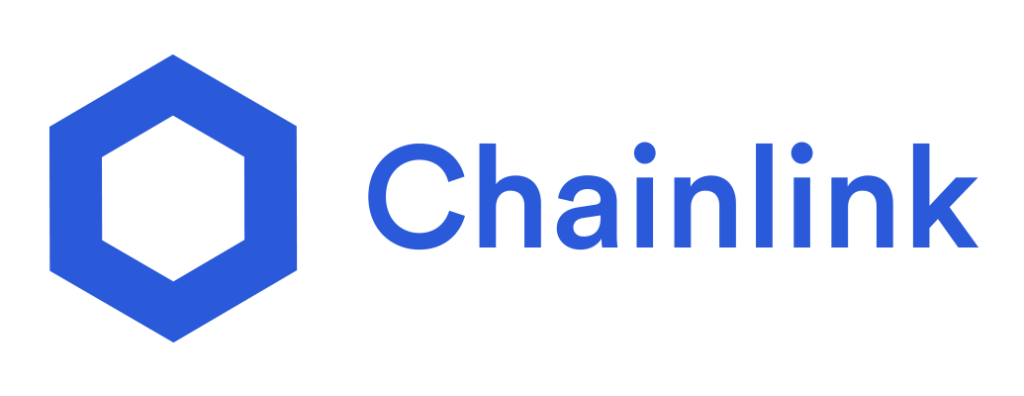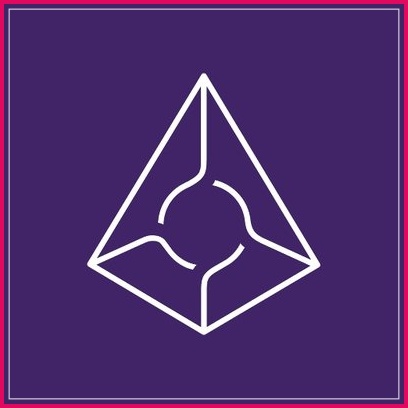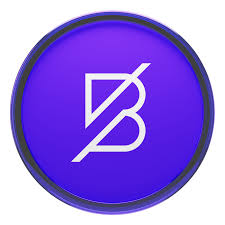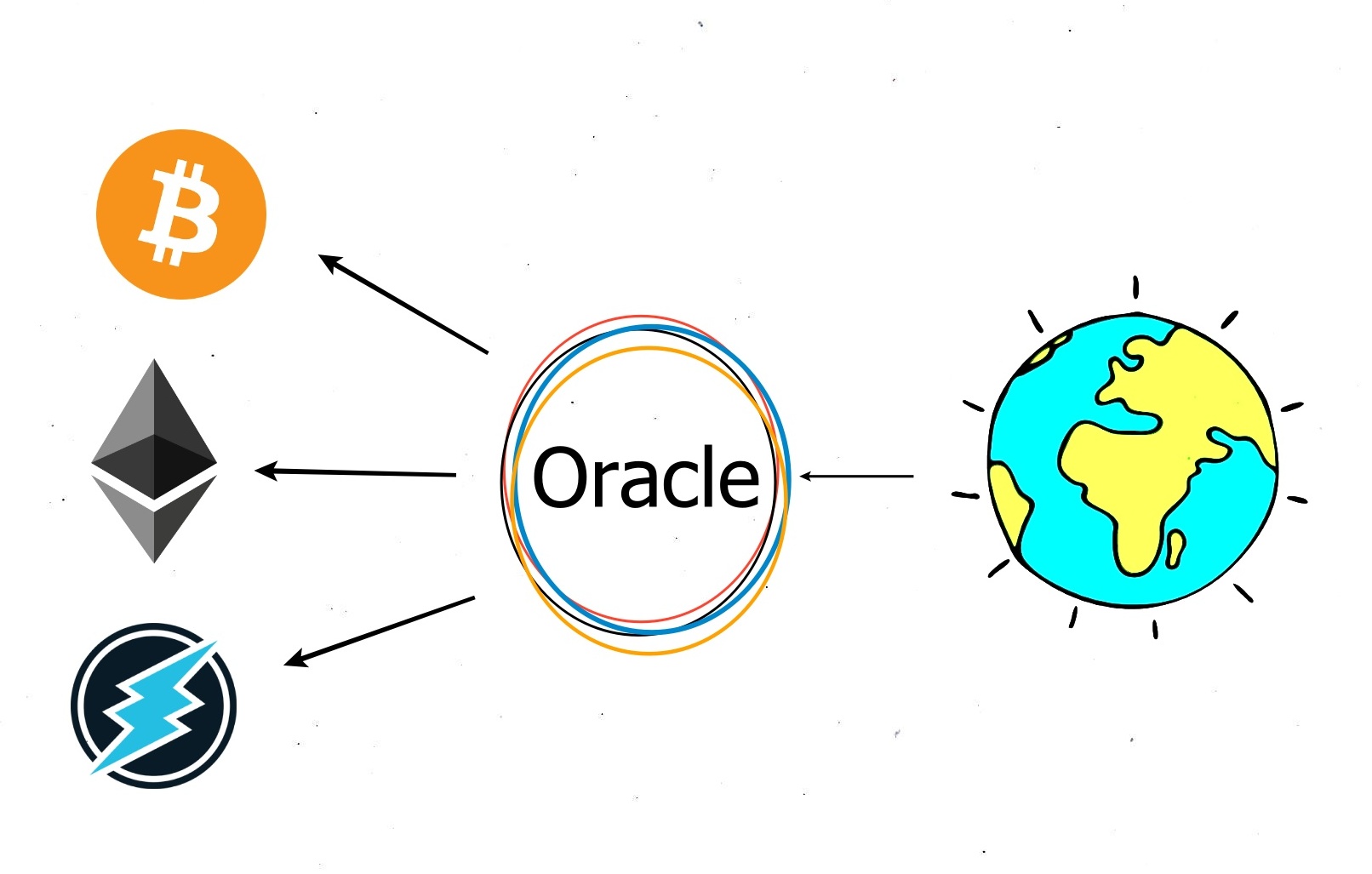What Are Blockchain Oracles? Types, Existing Projects
The decentralized economy moves only when correct data is fed to the blockchain.
Without the data, Smart Contracts can’t execute anything, like a car without gas – they just won’t go anywhere, especially when it comes to real-world stuff.
For example, if a smart contract is about selecting the winner of the horse race, then the correct data about the horse race has to be fed to the blockchain.
To fill up the correct data, we need Oracles.
What is an Oracle?
Oracle is the service that serves as a bridge for connecting blockchain to outside or real-life occurrences.
These oracles themselves are not data sources; they’re more like the guardians, making sure the info coming in is legit and on point.
Types of Oracle.
There are seven types of Oracles.
Hardware Oracle.
Hardware Oracles provide necessary data from the physical world to the blockchain for executing smart contracts.
The best example for Hardware Oracle is devices with sensors, that track outdoor temperatures, scan fingerprints, or monitor warehouse inventory, all feeding info into the blockchain for smart contracts that can then execute decisions based on data received by the sensor.
Software Oracle.
Contrary to Hardware Oracle Software Oracles interact with online databases, servers, websites, and any data source on the Web.
Software Oracles supply online datas such as exchange rates, digital asset prices, or real-time flight information to the smart contract but also transmit that information in real-time. This makes them one of the most common types of blockchain oracles.
Human Oracle.
Yup, humans can be oracles too! But to qualify, you need specialized knowledge and a verified identity through cryptography to ensure trustworthiness and minimize the risk of fraudulent data.
Inbound Oracle.
These types of Oracle take the data from the outside world to execute smart contracts.
The best example is a smart contract that automatically places an order to buy something if the value of USD hits a certain threshold.
Outbound Oracle.
Outbound Oracles gives data to the smart contract for sending to the outside world.
For example, a smart lock is set to unlock if funds are deposited to a particular address, the smart contract sends this information through an outbound oracle to a mechanism that unlocks the smart lock.
Centralized Oracle.
If an Oracle is controlled by a single entity, it becomes a Centralized Oracle.
Relying on Centralized Oracles for the source of information can be risky also any malicious interference from a bad actor will have a direct impact on the smart contract.
Consensus Based Oracle.
Opposite to a centralized oracle is a Consensus or Decentralized oracle.
Consensus oracles rely on consensus based systems where several data sources have to reach a consensus on the state of the world before the data is sent to a smart contract.
For example, 3 out of 5 oracles could determine the outcome of an event.
The Blockchain Oracle Problem.
The main problem of Oracles is the single point of failure.
If an Oracle feeds malicious data to the blockchain can change the whole execution of a smart contract.
But there are three effective ways we can tackle this problem.
Multiple Data Source.
The best example of this approach is Consensus Oracles which receive data from multiple sources and reduce the probability of receiving wrong information. However, the oracle itself can act as a point of failure.
Multiple Oracles.
This approach can effectively tackle the single point of failure problem where multiple oracles collect info, but if a majority of oracles can have compromised sources of information could be a huge risk factor.
Incentive Mechanism.
Another effective method is incentivizing nodes to perform on the Oracles.
Under this method, if nodes in the oracle act honestly and behave well, they get a reward, if not, then they can be punished via a slashing mechanism.
Existing Promising Blockchain Oracle Projects.
Chainlink.

Chainlink Oracle is like this big network of nodes where anyone can jump in and run their own node to dish out data to smart contracts.
The network went live in May 2019, having all the tools and data developers need to build any type of oracle design pattern for their smart contracts.
The chainlink ecosystem includes a “LINK” token which is used to incentivize nodes for running the Chainlinks Core Software and external adopters called “chainlinks” to connect blockchains and APIs.
Augur.

Augur is the decentralized oracle, and prediction market platform. It’s like a platform where you can bet on real-life events.
Prediction markets are speculative markets; that’s why Augur uses its own token REP for deciding the outcome of any conflict event.
Here REP token holders act as judges and they vote on which outcome they think is the right one, and the majority decides on which outcome the system will think is correct. Those who have voted for the correct outcome get a financial reward, those who voted for the wrong answer do not.
Band Protocol.

Another decentralized blockchain oracle that kicked off in 2017 and was built on the Cosmos SDK, a decentralized network of interconnected, autonomous, and scalable blockchains.
Band Protocol utilizes BandChain, a Delegated Proof of Stake (DPoS) consensus public blockchain that provides tamper-proof data feeds for smart contracts.
In BandChain, validators place data requests through APIs or other web sources. Subsequently, the validators relay the data to entities and users. To engage in these activities on BandChain, validators must stake the native token, BAND, for retrieving data and voting on the authenticity of the data.
One of the standout features of the Band Protocol blockchain oracle is its emphasis on flexibility in creating custom oracle scripts. Users can develop custom oracle scripts to receive data streams from various external sources in the real world.
Conclusion.
Oracles play a big role in extending Blockchain boundaries to the real world, even having drawbacks.
Also, they will play an essential role in the total autonomous implementation of smart contracts in the blockchain.
